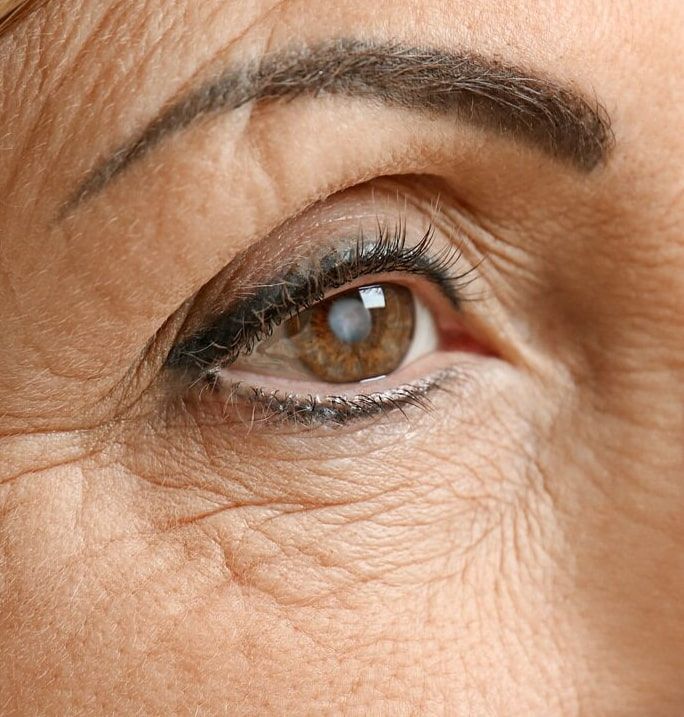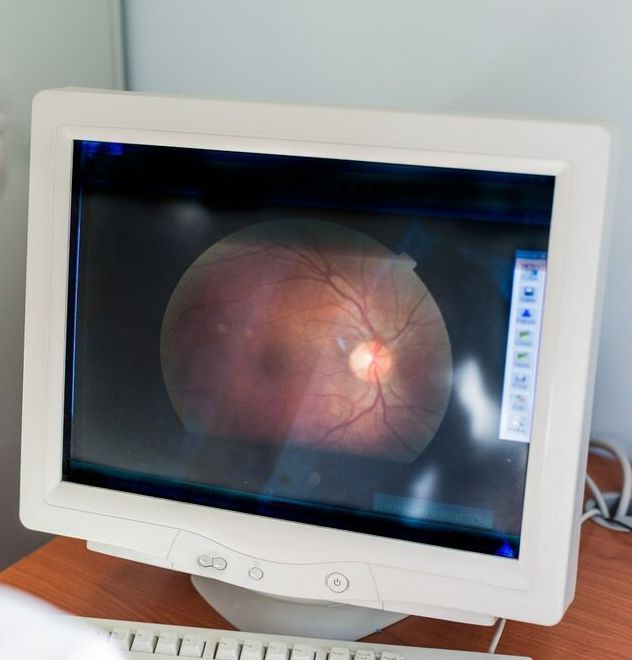Testing for Cataracts in Lake Macquarie
Cataract Support Starts Here
Clear vision plays a vital role in your quality of life, but cataracts can gradually make everyday tasks like reading, driving, and recognising faces more difficult. At Ian Emslie Optometrist in Lake Macquarie, we provide comprehensive cataract assessments to help identify any changes in your vision and guide you on the next steps.
Cataracts occur when the natural lens of the eye becomes cloudy, leading to blurred or dim vision. Early detection is essential for managing vision changes effectively. Our thorough assessments evaluate the presence and severity of cataracts, allowing us to provide clear guidance on available options.
If a cataract diagnosis is made, we will discuss appropriate next steps, including referrals to an ophthalmologist for further evaluation and potential surgical intervention. We also offer personalised advice to help you maintain your eye health before and after treatment.
Prioritise your vision today. Contact us at 02 4947 4577 to book your cataract assessment in Lake Macquarie.
Cataract Evaluations
Assessments help detect cataracts early by evaluating changes in vision and lens clarity. Understanding the severity of cataracts allows for discussions on potential next steps.
Effective Treatment Guidance
Support is available for exploring cataract management options, including referrals for surgical evaluation and recommendations for post-treatment care based on individual needs.
Vision Clarity
Discussing available solutions can help determine the best approach for individual eye health needs.
Frequently Asked Questions
What are cataracts, and what causes them?
Cataracts occur when the eye’s lens becomes cloudy, leading to blurry or dim vision. They are often caused by ageing but can also result from UV exposure, smoking, diabetes, certain medications, or eye injuries. Regular eye exams can help detect cataracts early for timely treatment.
What are the symptoms of cataracts?
Symptoms include blurry vision, sensitivity to light and glare, halos around lights, dull colours, and difficulty seeing in dim or bright light. Frequent changes in glasses prescriptions can also indicate cataracts. These symptoms can worsen over time, making early detection through eye exams important.
Do cataracts always require surgery?
Not always. In the early stages, adjusting glasses or using brighter lighting may help manage vision changes. Surgery is typically considered when cataracts significantly affect daily activities.
How Cataracts Affects Daily Life
Cataracts develop gradually, causing the lens of the eye to become cloudy and reducing the amount of light that reaches the retina. This results in blurred, dim, or yellowed vision, making it harder to see clearly in both bright and low-light conditions.
Common symptoms include glare sensitivity, halos around lights, and difficulty with tasks like reading, driving, or recognising faces. Cataracts can also make colours appear duller, impacting the vibrancy of your surroundings.
While cataracts are most commonly associated with ageing, other factors such as prolonged UV exposure, smoking, certain medications, or underlying health conditions like diabetes can contribute to their development. Regular eye exams are essential to detect cataracts early and determine whether treatment is necessary.
Early detection can allow for timely intervention, helping you to maintain your vision and quality of life as the condition progresses.
Understanding Cataracts & Referral for Management
Cataracts develop when the eye’s natural lens becomes cloudy, affecting vision over time. An optometrist can assess the presence and severity of cataracts through a detailed eye examination.
If cataracts are impacting daily activities, a referral to an ophthalmologist may be recommended to discuss surgical options. Cataract surgery involves replacing the cloudy lens with an artificial one, with expected improvements in vision clarity.
Following surgery, ongoing eye examinations are important for monitoring overall eye health and addressing any changes in vision. If you have concerns about cataracts or notice changes in your eyesight, an assessment can help determine appropriate next steps.
This version removes any suggestion that the optometrist treats cataracts while maintaining a clear and informative tone. Let me know if you need further refinements!













